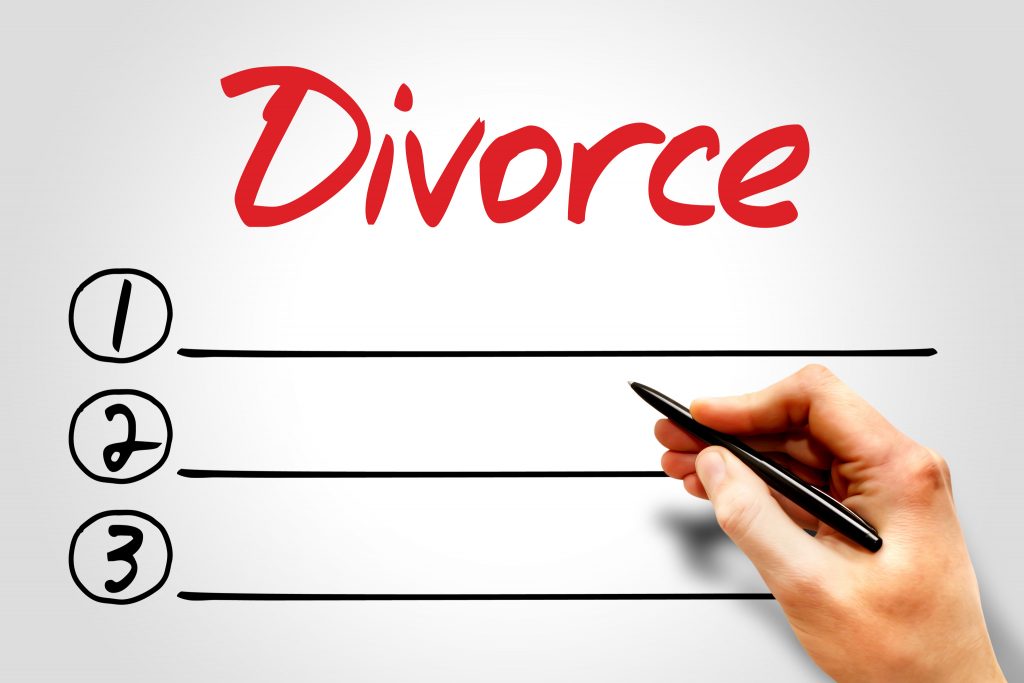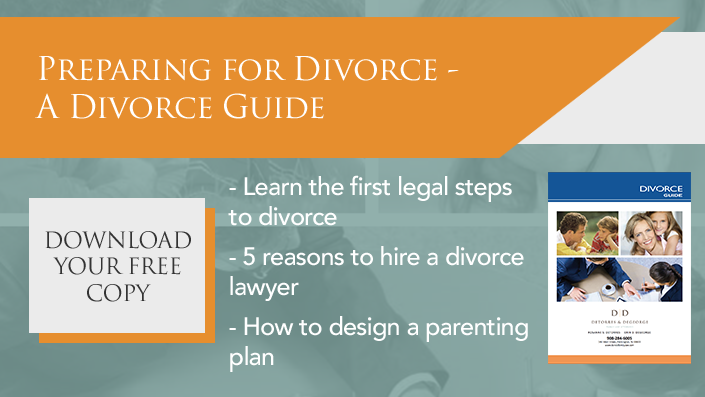In New Jersey, to obtain a divorce, a person has to demonstrate that they have a cause of action, or what we call grounds for divorce. The grounds for divorce that a person uses has less to do with what that person expects to get out of the divorce than what the person’s emotional state is at the time of the filing.
In New Jersey, an individual’s grounds for divorce are almost always unimportant to the ultimate outcome of the case, and they do not typically impact what that person will get in terms of assets. For these reasons, most people opt to use a no-fault ground for divorce.
In New Jersey, there are several fault and no-fault-based grounds for divorce – two no-fault grounds and seven fault grounds.
No-Fault Grounds for Divorce
- Irreconcilable Differences: This is the most commonly used ground for divorce in New Jersey. All that’s required here is a statement that there is no hope for reconciliation and that your differences have existed for at least six months.
- Separation: If you and your spouse have lived in separate residences for at least 18 months, you qualify for this ground for divorce.
Fault Grounds for Divorce
- Adultery: This ground for divorce requires that you name the person your spouse is having an affair with, and we call that person a paramour. You must also show proof of the affair, which can be challenging.
- Abandonment: If your spouse has moved out of the home and stayed out of the home for at least 12 months, you qualify for this ground for divorce.
- Habitual Drunkenness: This ground for divorce includes drug and alcohol addiction, and the addiction must have existed for at least 12 months.
- Deviant Sexual Conduct: This ground for divorce is rarely used and not clearly defined by case law. This involves a deviant sexual act perpetrated on you as the spouse and includes instances of rape.
- Extreme Cruelty: This is the most common fault ground for divorce because it includes a broad range of inappropriate behavior that has made it unreasonable for you to continue to reside with your spouse. These acts must have been committed at least three months before filing for divorce.
- Imprisonment: If your spouse is incarcerated for at least 18 months or more, you qualify for this ground for divorce. If the sentence is less than 18 months, you can still qualify if you remain separated after his/her release for a period totaling 18 months.
- Institutionalization: If your spouse is institutionalized in a mental health facility for a period of at least 24 months, you qualify for this ground for divorce.
Although fault grounds have little impact over most aspects of a divorce, custody agreements can be impacted if you believe you have fault grounds for divorce. For example, if your spouse has abandoned the home in which you live with your children for at least 12 months without contact with the children, then restoring the parent-child relationship will be challenging and not automatic.
If your spouse has a drug or alcohol addiction, safeguards need to be put into place to make sure they are clean and sober when exercising parenting time, and a designated safe person must be present around the children. And, of course, if you experience any type of abuse in your marriage including sexual violence, then safeguards need to be put into place to protect you and your children.
For help determining your own grounds for divorce, contact us today to schedule a consultation with one of our skilled family law attorneys.


 START LIVE CHAT
START LIVE CHAT










